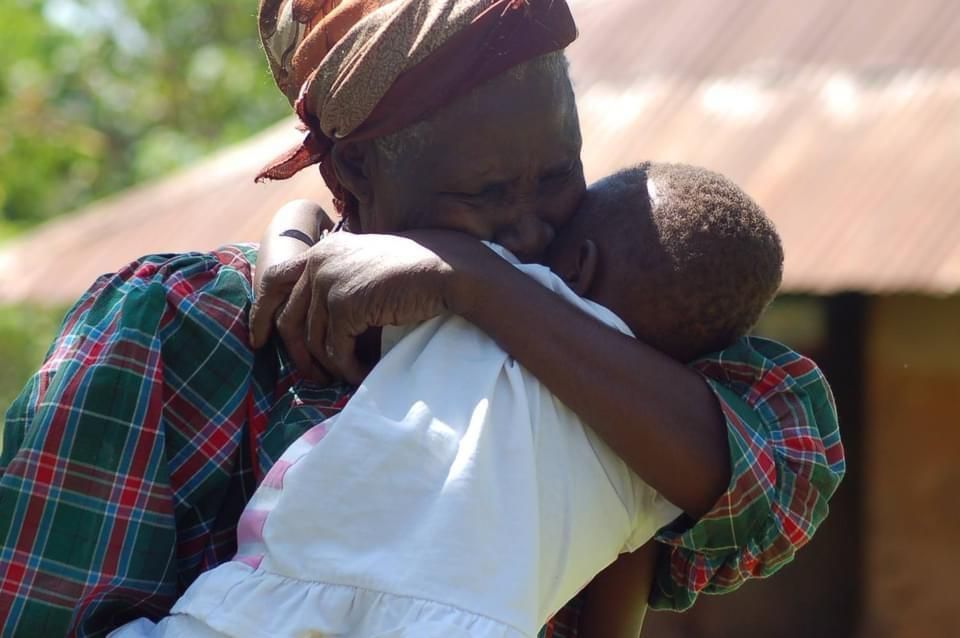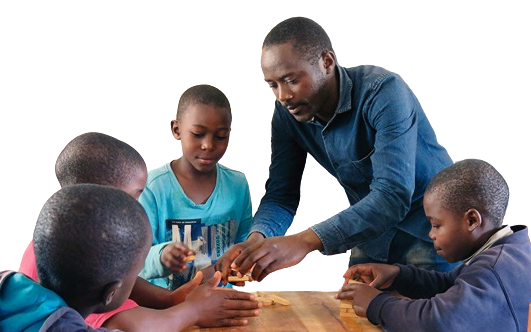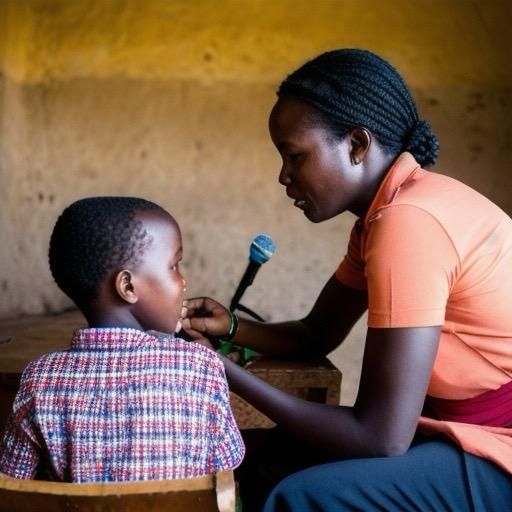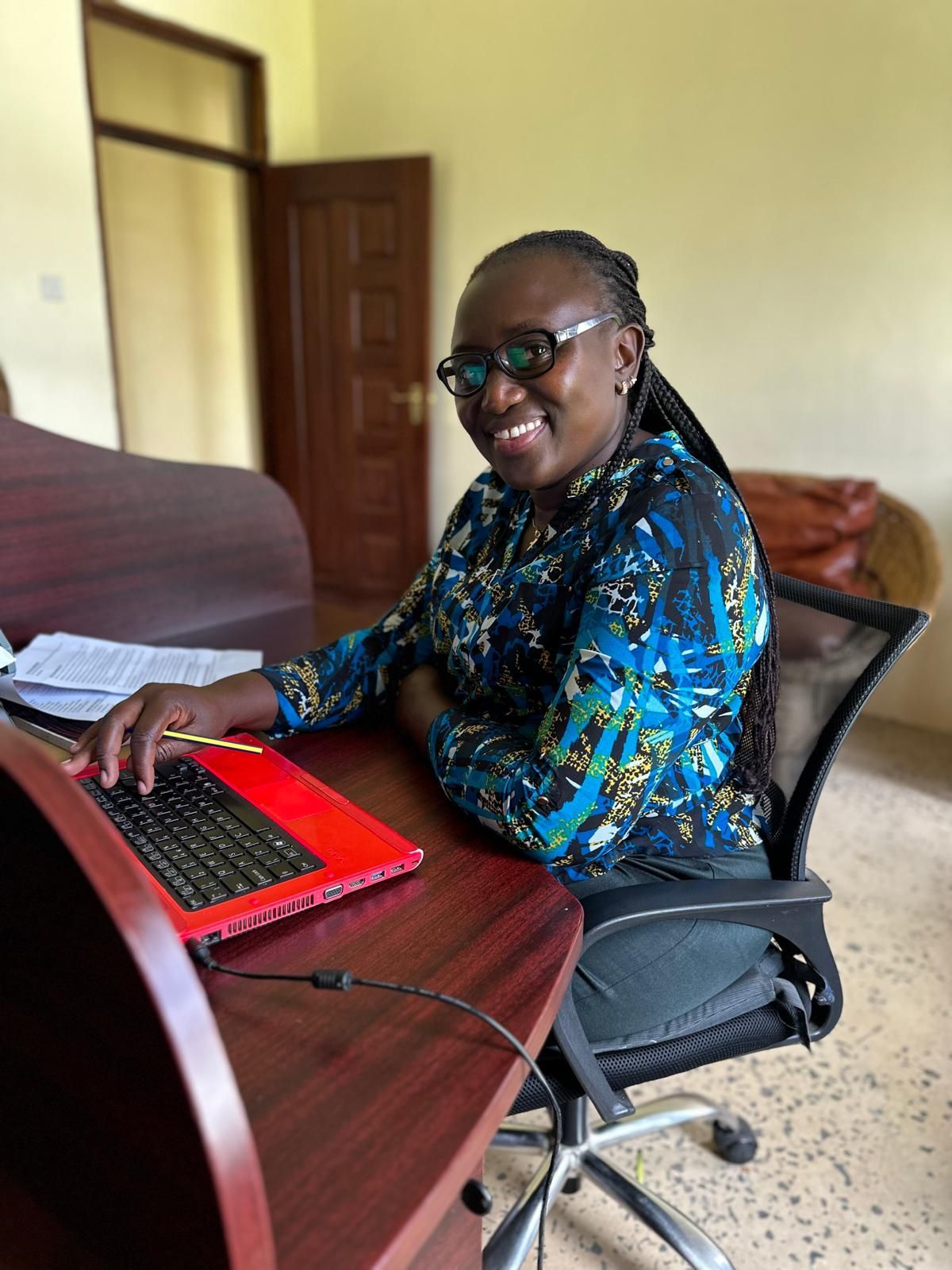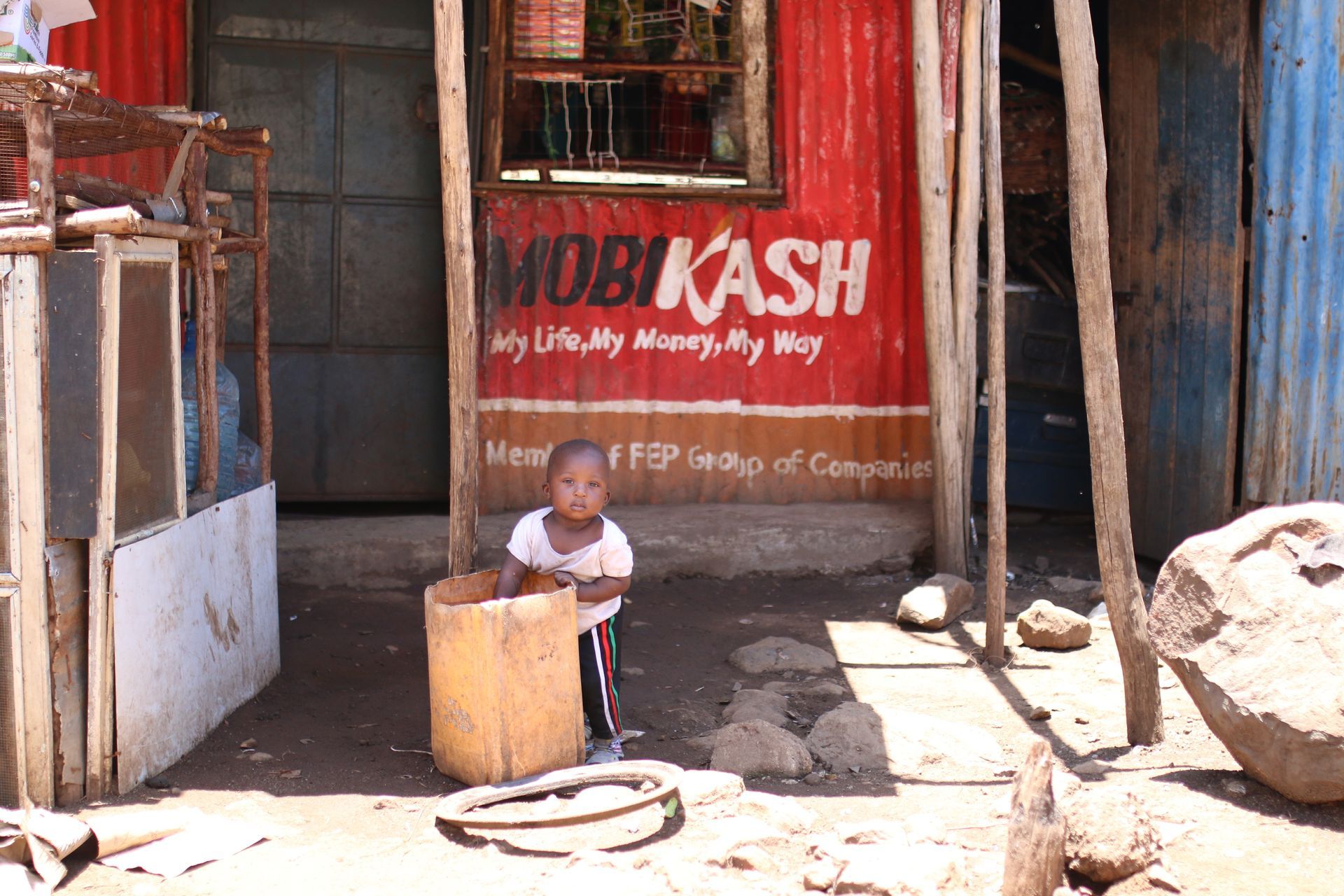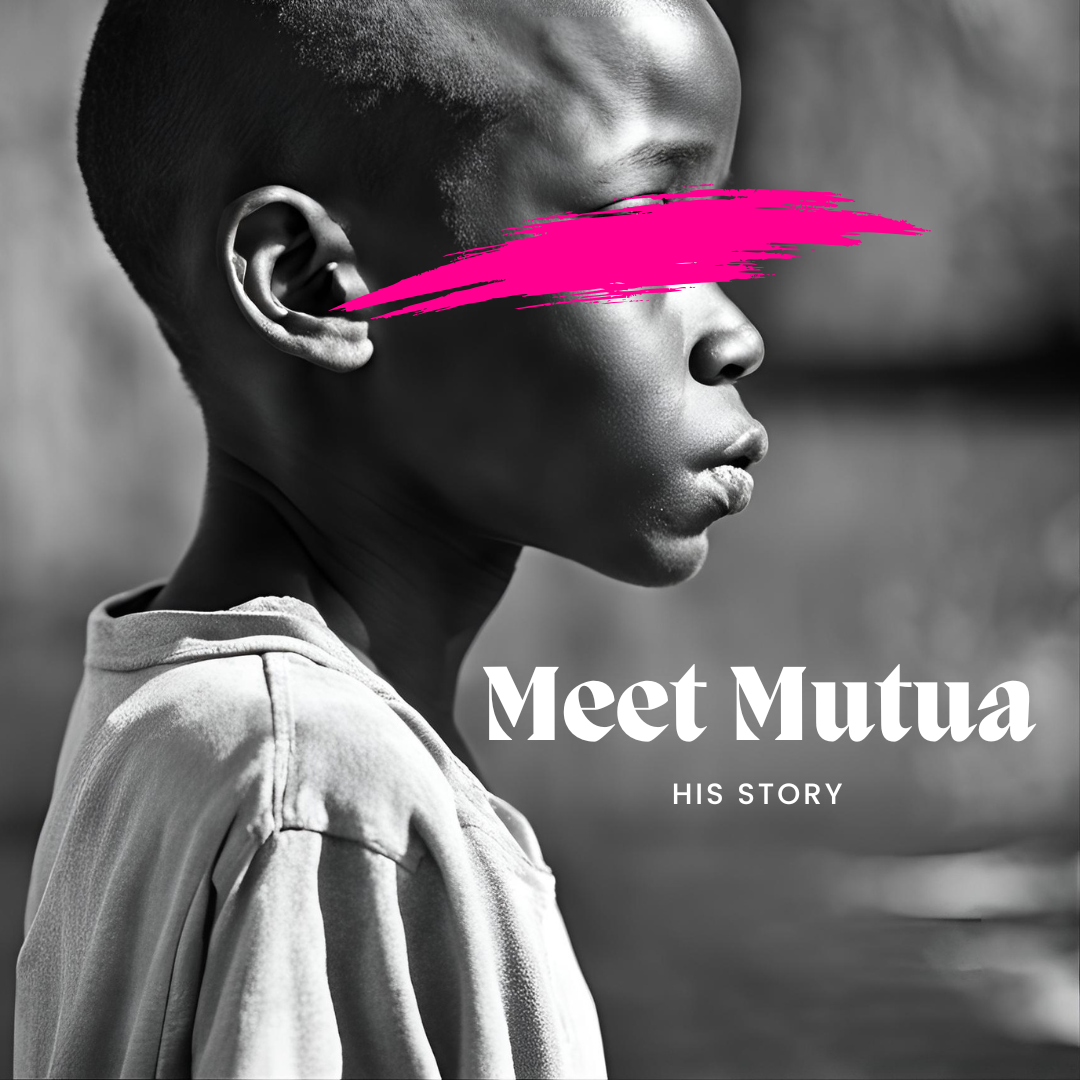By Kelly Strong
•
August 27, 2024
At just 19 years old, Mercy faced unimaginable challenges. Widowed and orphaned, she had recently given birth to twin girls. The weight of her new reality was immense: she was now the sole provider for her infants while also battling a chronic illness that left her disabled and struggling to survive. Mercy’s rural community often misunderstood her disabilities, leading to daily discrimination and marginalisation. Yet, despite these hardships, her commitment to her daughters remained unwavering. I had recently left my role as a registered nurse in the UK and found myself in Western Kenya, a place starkly different from the resource-rich environments I had known. The contrast was overwhelming; healthcare facilities were sparse, and the community faced numerous challenges. It was during this time that I met Mercy. She was making her way through muddy tracks to seek help from our team. Exhausted under the midday sun, she carried her twins close to her chest. It was clear she had been struggling to provide for them; she hadn’t had a proper meal in weeks and was finding it difficult to produce enough milk. With no means to support her family financially, Mercy’s situation was dire. Yet, her determination to care for her daughters was evident in every step she took. Amid the many adversities she faced, including escaping gang violence and rape—a grim reality for many in her situation—Mercy and her twins were brought to our women’s shelter. This marked the beginning of a journey toward recovery and restoration. Our approach was holistic, focusing on the specific needs of both Mercy and her children. Keeping the family together allowed Mercy to continue breastfeeding, maintaining their vital bond. With medical care, nutritional support, and counselling, Mercy and her twins began to regain their strength. A new, safer home was constructed for them, and efforts to integrate them into their wider community continued. One of the most poignant moments for me was witnessing the reunion of Mercy with her grandmother and village. The joy and relief as her elderly grandmother embraced her was deeply moving—a testament to the strength of family ties and community support. Since then, my own experiences as a mother have given me new insights into the sacrifices and boundless love that come with parenting. It’s a role that demands everything of you—giving without measure, comforting in times of distress, and celebrating each triumph. Mercy’s journey has reinforced my belief that every child deserves to grow up enveloped in love and support. Her resilience and dedication to her daughters are powerful reminders of the strength of a mother’s love and the importance of community in ensuring that every family can thrive. However, Mercy’s story could have taken a very different turn if another organisation had reached her first. In our county, it’s not uncommon for struggling families like Mercy’s to be torn apart in the name of “helping.” Many well-meaning organisations prioritise immediate intervention without considering the long-term impact on the children and their mothers. Had those organisations found Mercy first, it’s highly likely that her twin girls would have been taken from her and placed in long-term institutional care. Imagine Mercy’s anguish should her daughters have been separated from her, each child possibly even placed in a different facility, growing up isolated and without the nurturing presence of their mother. The twins, who needed the comfort and security of their mother's arms, could have spent their formative years in an orphanage, facing the emotional and psychological scars that often accompany such separations—scars that can take a lifetime to heal. Unfortunately, Mercy’s situation is far from unique and could easily have been her reality. Countless children and families in our community continue to be separated in the name of “help.” Good intentions can often lead to unintended harm. Instead of receiving the support needed to stay together, families are broken apart, with children placed in institutions where they are deprived of the love and stability that only a family can provide. This practice must stop. From a child-centred and family-centred perspective, removing children from their families should always be the last resort. The trauma of separation can have lifelong consequences, not just for the children but for the parents as well. We need to focus on providing the necessary support to keep families together, enabling them to heal, grow, and thrive in their own homes and communities. The outcome for Mercy and her twins is a testament to this approach. Because of SAFE’s intervention, they were able to remain together. Today, several years later, they continue to live as a family, supported in their own home. Mercy’s daughters are growing up in the community they were born into, receiving an education alongside their peers, and most importantly, they are being raised by their mother—a mother who, with a helping hand from us, has been able to continue her role and nurture her children. Mercy’s story is a powerful example of what is possible when we prioritise keeping families together. It reminds us that the best outcomes for children come from supporting their parents, not separating them. Our work at SAFE is driven by the belief that every family, no matter how difficult their circumstances, deserves the opportunity to stay together and build a future full of hope and love. Mercy’s family is living proof that this belief can become a reality. In reflecting on Mercy’s story, we see not just the challenges faced but also the incredible capacity for growth and healing when supported by a compassionate and collaborative community.
